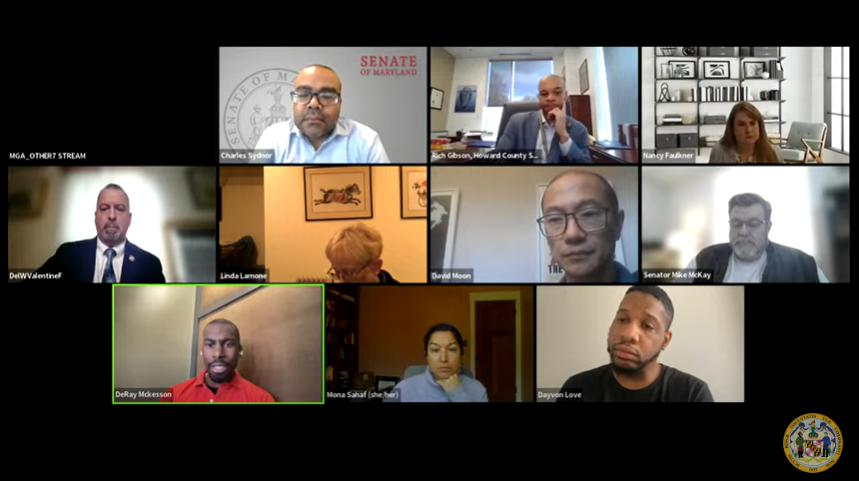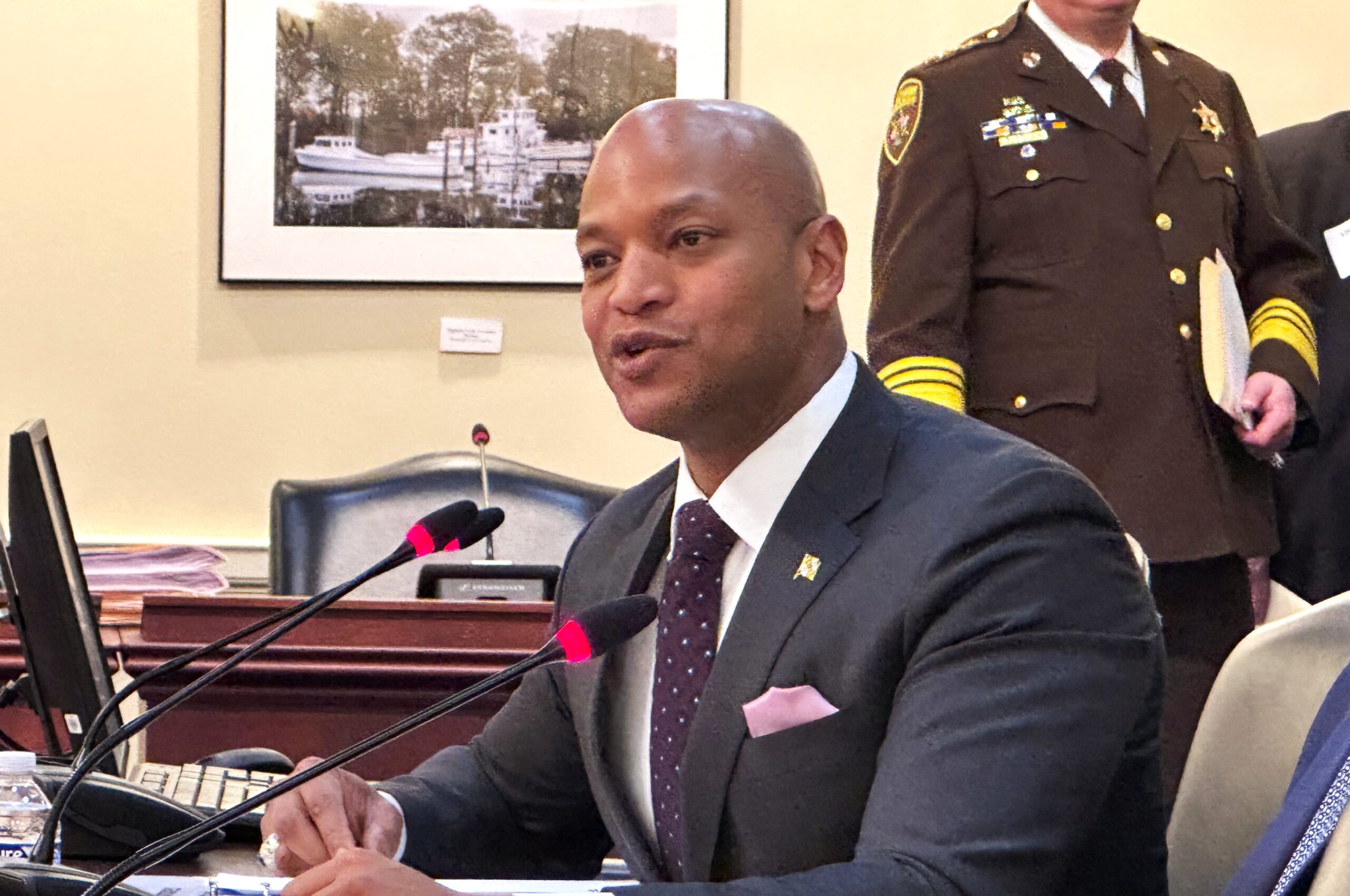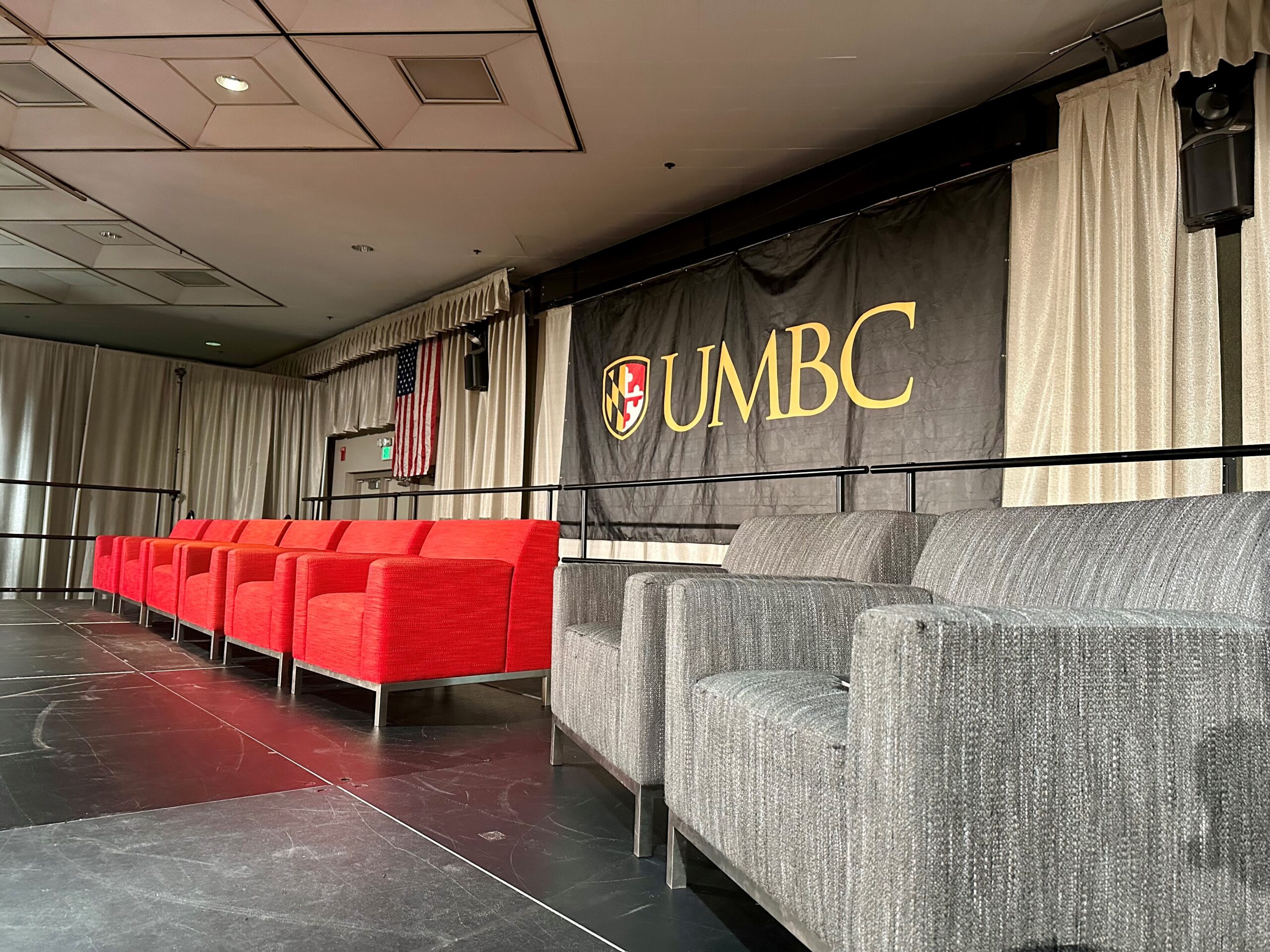Task force reviews recommendations to improve transparency in state’s attorneys’ office

A legislative task force created to assess data collection and policies within Maryland’s state’s attorneys’ offices discussed recommendations Tuesday that must be crafted into a report to key Senate and House committees by Dec. 31.
The purpose of the report is to provide the public information that can show whether prosecutors’ practices are equitable and fair.
The proposals reviewed by the Task Force to Study Transparency Standards for State’s Attorneys included creating a statewide uniform procedure to collect data and a plan for providing one-time, start-up costs to either upgrade or implement more modern technology in local prosecutors’ offices.
“We have attempted to take the conversation from the last few sessions we’ve had together and come up with a consensus set of recommendations,” said Del. David Moon (D-Montgomery), co-chair of the task force. “This entire enterprise doesn’t make sense unless we have buy-in from the state’s attorneys’ offices in implementing this.”
The task force agreed that basic information state’s attorneys should collect are age, race and gender of victims and defendants, which is currently not required. Law enforcement agencies gather similar information on police reports.
Some task force members such as DeRay Mckesson, executive director of Campaign Zero, said prosecutors could collect more information such as charges filed, cases dismissed and officers involved in each case.
“I also think that we should be pushing people to think really creatively,” he said. “I think our recommendations should not be tempered by the current reality of the limitations of what [state’s attorneys] do put out. I think we should understand them. I don’t think that should limit our imagination about the data that should be transparent.”
The data points Mckesson mentioned come from the task force’s first meeting Oct. 19 and was presented by Mona Sahaf, acting director of Vera Institute of Justice’s Reshaping Prosecution initiative. Besides information on individual cases, she said some prosecutors across the country also collect details on specific offenses and the prosecutor assigned to a case.
“I think Mona’s list is right on point,” said David Soulé, executive director of the Maryland State Commission on Criminal Sentencing Policy, who proposed adding that a prosecutor’s office could also collect information on whether diversion programs were offered.
Howard County State’s Attorney Rich Gibson Jr. (D), a member of the task force and president of the Maryland State’s Attorneys’ Association, said he’s concerned that collecting certain information such as final charges against a defendant “could be twisted.” He also said that for prosecutors simply to note the number of cases dismissed without a “long narrative” doesn’t fully explain why the case was dismissed.
“It’s almost a school-like setting where you’re chasing a grade,” Gibson said. “I think it’s very, very dangerous to create an environment where prosecutors are incentivized to chase a particular number that may look good, or perceived to look good, versus doing what is right in each instance on a case-by-case basis.”
Sahaf said concerns raised by some state’s attorneys nationwide are they don’t want a victim’s identity publicized.
“I can understand some of Mr. Gibson’s fears, but I haven’t seen them borne out anywhere,” Sahaf said. “People want to better understand what’s happening in their state’s attorney’s offices.”
‘Unfunded mandates’
Moon said one concern revealed in the four previous sessions is that the state’s 23 counties and Baltimore need to modernize their case management systems. Also known as CMS, it’s computer software that keeps track of civil and criminal cases.
Garrett, Queen Anne’s and Talbot counties don’t have case management systems.
According to the state’s attorneys’ association, the majority of jurisdictions use Prosecutor by Karpel based in St. Louis.
Some Maryland counties use Judicial Dialog Systems (JDS). The company’s LinkedIn profile notes it’s based in Monrovia in Frederick County.
One Maryland county uses software from JustWare, developed by Journal Technologies of Los Angeles. Another Maryland jurisdiction uses Microsoft Access.
During the one-hour and 40-minute meeting, not stated were the specific case management system each jurisdiction operates and the estimated cost to install software.
Sen. Charles Sydnor (D-Baltimore County), co-chair of the task force, said he and Moon will try to schedule a meeting with a representative of the Governor’s Office of Crime Prevention, Youth, and Victim Services to analyze how to acquire money toward “one-time set up costs” for case management systems.
A proposal offered earlier this month by Prosecutorial Performance Indicators would organize a funding stream to aid prosecutors’ offices without a case management system, or for those without a data analyst or data entry employee.
Gibson said he supports most of the task force recommendations.
However, he said “none of this happens without funding. Unfunded mandates are not going to work.”




 Creative Commons Attribution
Creative Commons Attribution